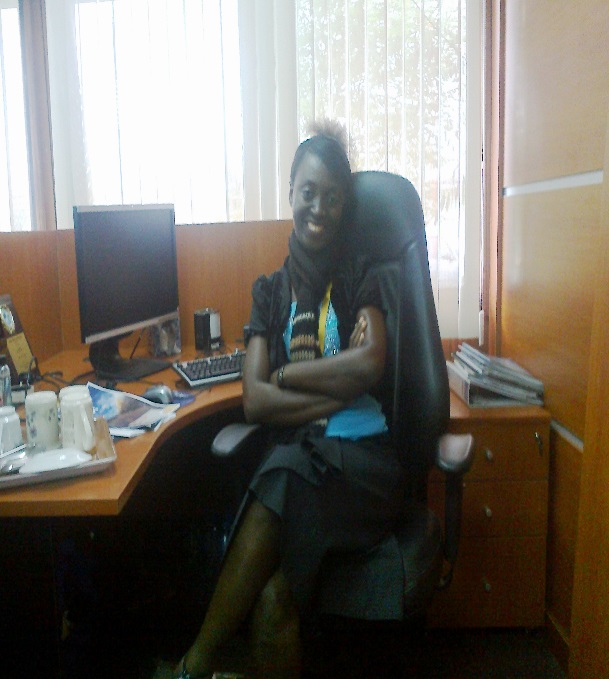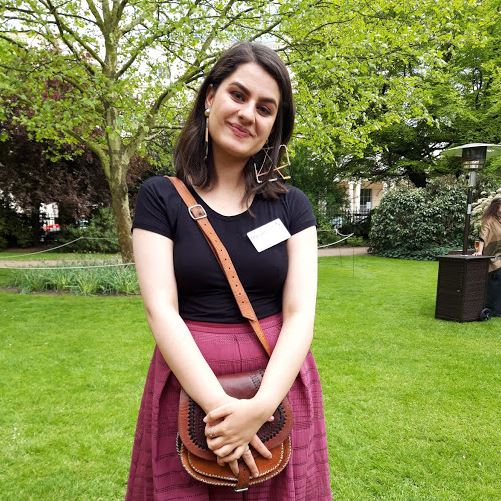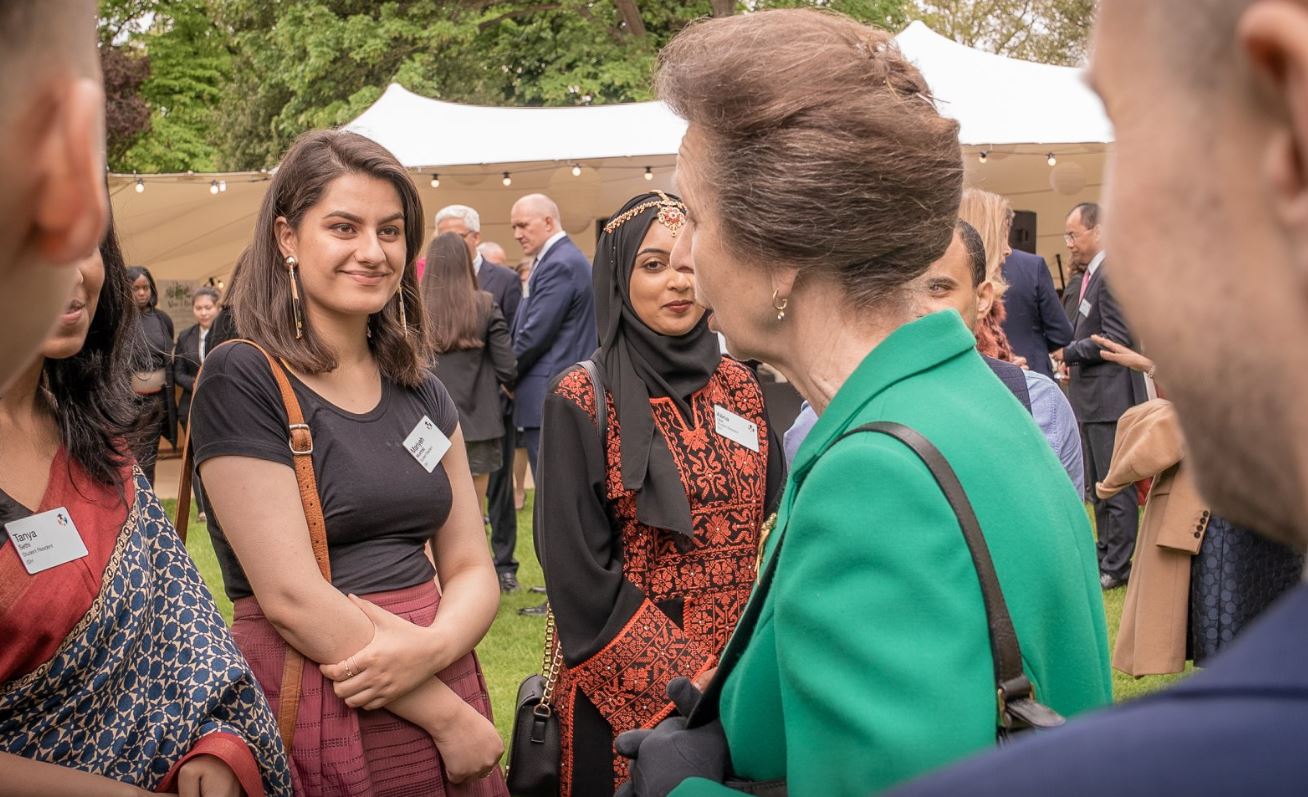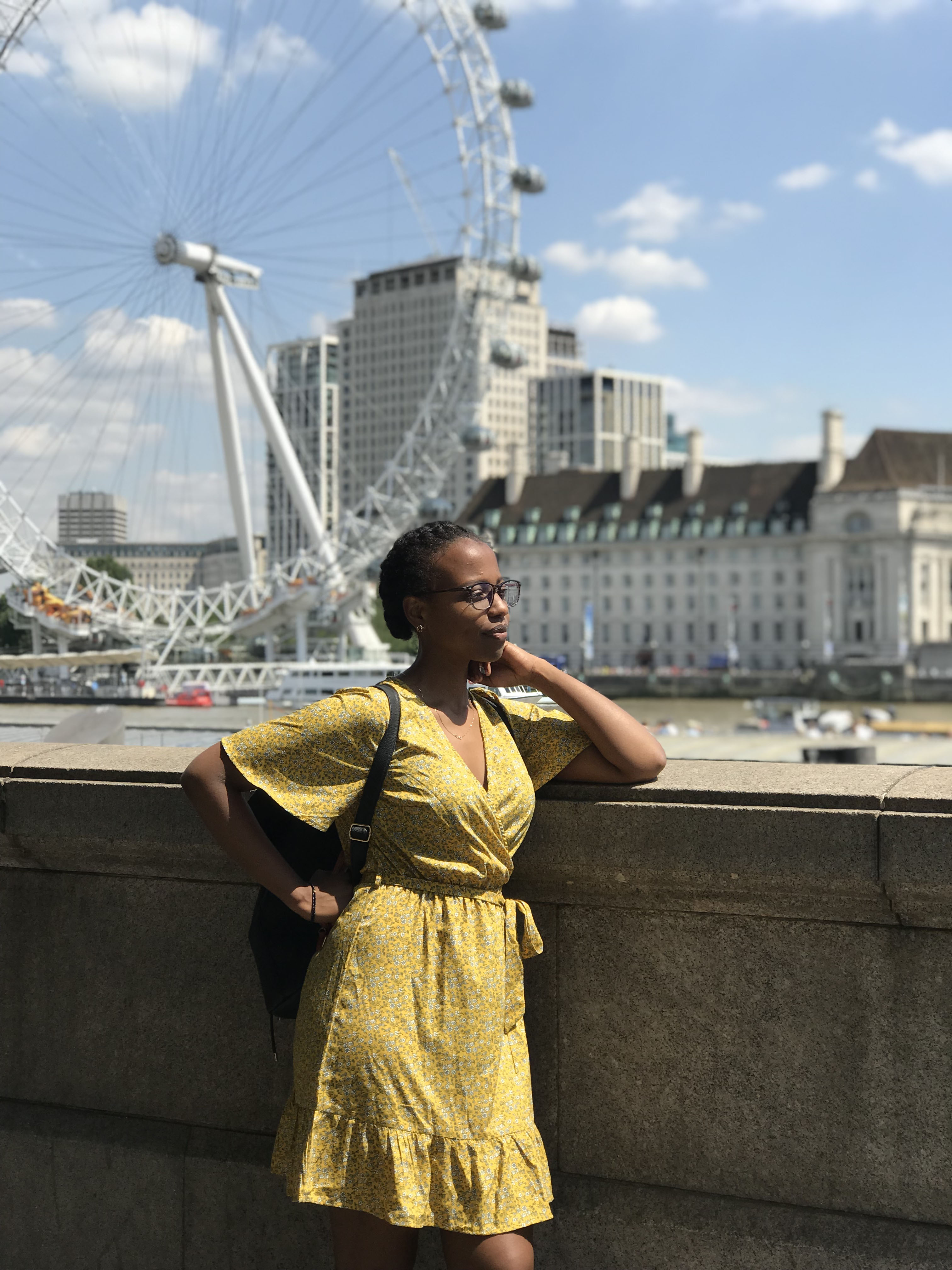Ozioma Maxwell-Adindu, a Birkbeck alumnus from Port-Harcourt in Nigeria, talks to us about her experience studying for an MSc in Geographic Information Science via distance learning.
My name is Mrs Ozioma Maxwell-Adindu and I hail from Nigeria. I’m from a family of nine and the fifth of seven children. I am currently married with two boys.
Before starting my MSc at Birkbeck I had a Higher National Diploma (HND) in Electrical/Telecoms Engineering, Petroleum Training Institute (PTI). After my HND in Electronics/Telecoms Engineering, I went on to the compulsory National Youth Service Corps (NYSC) and then got a job with Shell Petroleum Development Company (SPDC).
I decided to study Geographic Information Science (GISc) because I found myself working in the Geomatics (Survey) department in SPDC. I had the urge to improve my chances of getting into the mainstream of the company and still retain my job. So, I decided to go for distance learning education so that I did not have to leave my job to do this.
I heard about Birkbeck and the GISc programme from my colleague who gave me the link to the university’s website and I applied immediately. I chose an MSc in Geographic Information Science (GISc) because I wanted it to link to my first degree in Electronics /Telecoms Engineering. The application process wasn’t tedious, after applying online I was required to send my HND transcript to the university which I did and before long had a conditional offer. However, I could not take up my place that year due to financial reasons so I quickly asked to defer which was granted immediately, and I started the programme the next year.
Geographic Information Science (GISc) is the scientific discipline that studies data structures and computational techniques to capture, represent, process, and analyze geographic information. When we started we were asked to introduce ourselves and state why we chose the course. We were directed to the Bloomsbury Learning Environment (BLE) by the school’s IT department using our ID & password. The BLE was the platform where we interacted with other students, submitted our assignments which was time-bound, the topics for each week was pasted in that same environment. I received remarkable support during my study from my project supervisor, Dr Maurizio. He was highly supportive; the first time I submitted my first three chapters we had a chat via Skype. He suggested the methodology I should use in processing my data, which made my project unique and made me think out of the box with my research. Outside interacting with other students on the BLE, we also interacted during some group assignments and section projects. The IT Services department was also very superb, I always appreciated a swift response to any technical challenges I faced during my course. We sat our exams within the premises of the British Council in Port-Harcourt.
It was easy managing my studies with my professional/family life because there was no distance constraint, no stress of shuttling between office, home and school. Since I could work and go to university at the same time I was able to pay myself through school.
The major challenges I faced during my studies were financial, so for me, the advantages of distance learning were that I could work and do my degree simultaneously, the stress of travelling to complete my studies was totally eradicated. It was difficult being able to meet up with school work, profession and family, it was a lot of hard work.
I had to apply to my department for a lift in salary which was slightly increased and the type of work I do has changed from just archive management to duties in the Geographic Management field, so that is increased responsibility. I would recommend Birkbeck to other students just as I recommended Birkbeck to my younger brother William who joined me on the course, and we concluded our studies together.
I intend to come for my graduation next year April-May 2020 with my family.
Further information:




